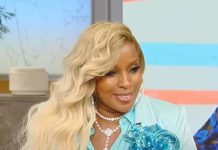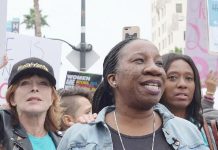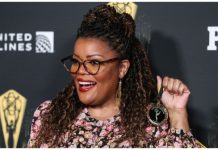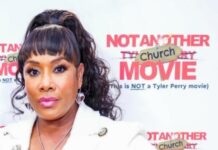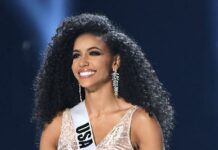![]()
*Black content creators continue to speak out about racial inequity on social media.
Last summer, Black TikTokers began exploring what the app would be like without their contributions. Many are major influencers on the app but white users tend to go viral and reap all the rewards for ripping off trends set by Black TikTokers.
Per Yahoo Lifestyle, “a Forbes list of TikTok’s highest paid creators, released in January 2022, confirmed that the issue persists. Among the top five biggest earners were both Charli and Dixie D’Amelio, Addison Rae and Josh Richards, with the only person of color being Bella Poarch — despite the platform being chock full of trends originated by Black creators,” the outlet writes.
“The issue is how we are indoctrinated to value Black labor,” Conscious Lee, a Black content creator/educator, tells Yahoo Life. “There’s an issue with fungibility of Black people’s labor throughout the Western world and social media created a new realm within our reality to make it worse.”
READ MORE: Rihanna Makes Forbes Billionaire List for First Time, Kanye Reacts to His Ranking
View this post on Instagram
“Black folks throughout the history of the Western world, not just America, have always been talking about being valued as producers — not just valuing our productions. In the community and all over America, we always say ‘they love Black culture but do not love Black people,'” he explains.
Meta (formally known as Facebook), YouTube and TikTok have attempted to address the issue via programs aimed to invest in Black creators.
Per the report, Meta launched the We the Culture program in 2021, which is said to “empower and promote agency to creators and the Black community by providing them the tools and platform to elevate their profiles, and enable them to create sustainable economic opportunities for the long term.”
TikTok announced its Black Creatives Incubator Program in Jan. 2021, which focuses on “nurturing and developing 100 talented Black creators and music artists,” according to a TikTok spokesperson.
YouTube’s #YouTubeBlack Voices Fund was launched in 2020, which offers creators from around the world “dedicated partner support, seed funding invested into the development of their channels, and participation in an intensive development program that will focus on training in production, community engagement and wellbeing, followed by ongoing workshops and networking programs.”
Lee is one of 135 creators who are part of the #YouTubeBlack Voices Creator Class of 2022.
“If we recognize there is a lack of access to a particular group or we recognize that a particular group is excluded from an institution or excluded from an experience, that’s the reason why we place incentives on different programs to literally try to subsidize or overcompensate for how people have been excluded,” Lee explains. “If we acknowledge that white cisgender able-bodied people in social media because of the status quo get more access, it makes sense for us to create programs that give Black trans people or Black people or disabled people, indigenous people, also access to those spaces.”
We Publish News 24/7. Don’t Miss A Story. Click HERE to SUBSCRIBE to Our Newsletter Now!
